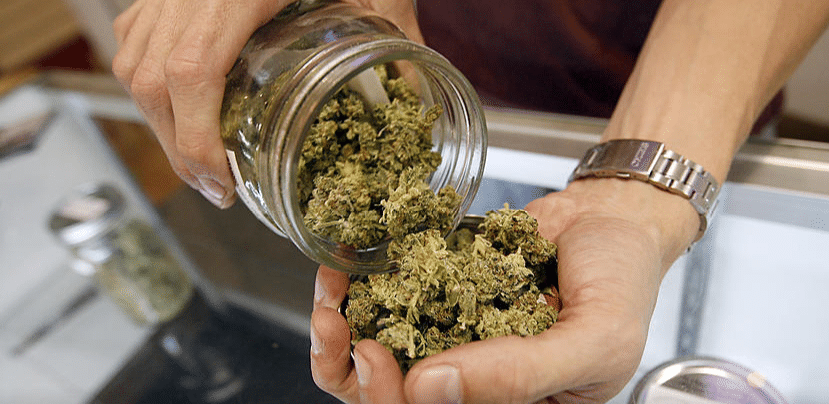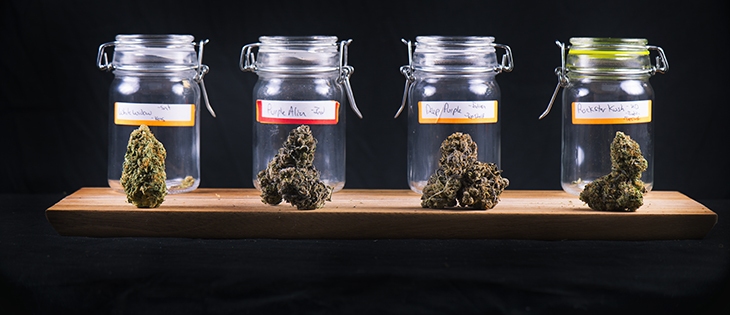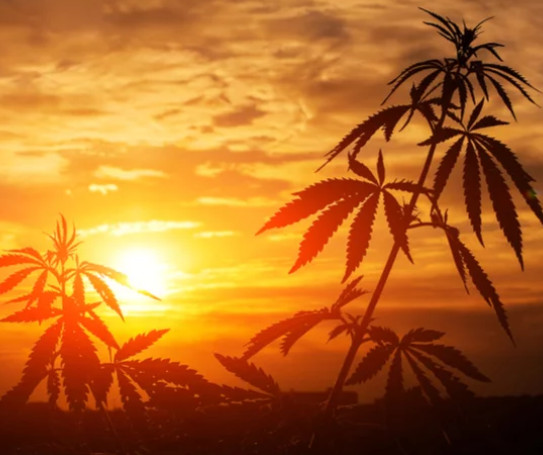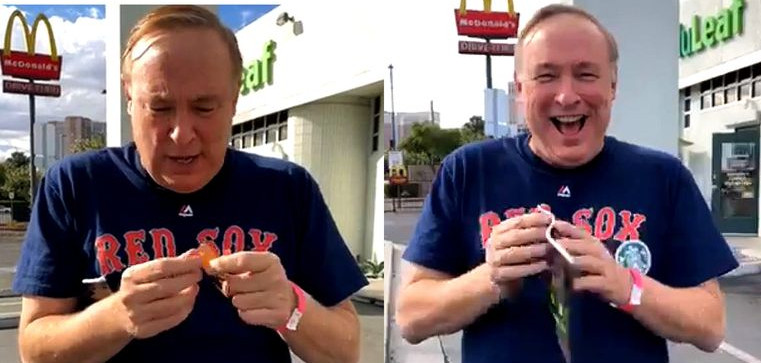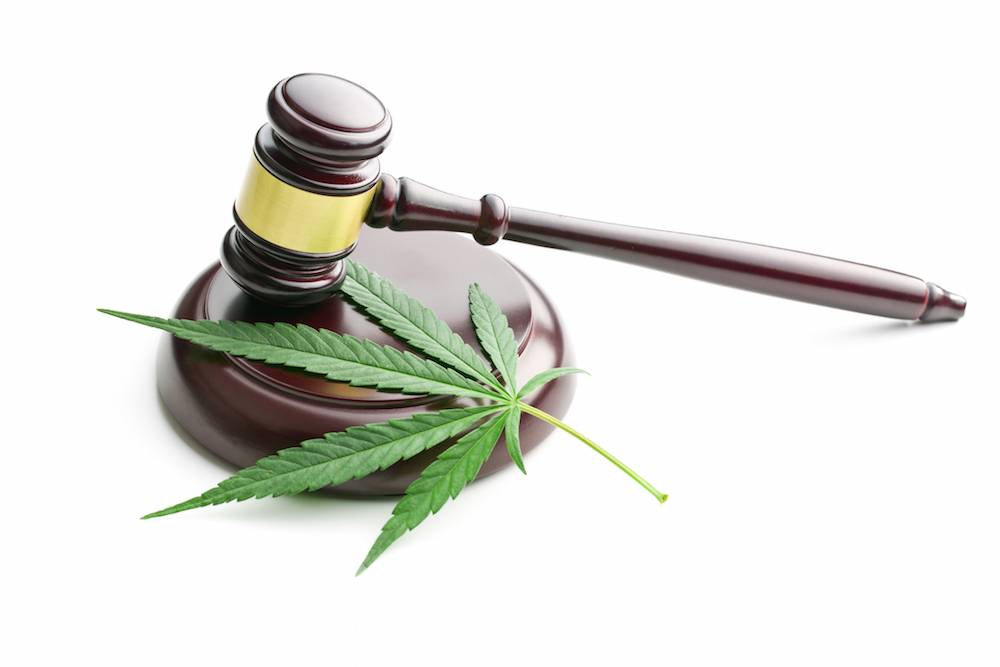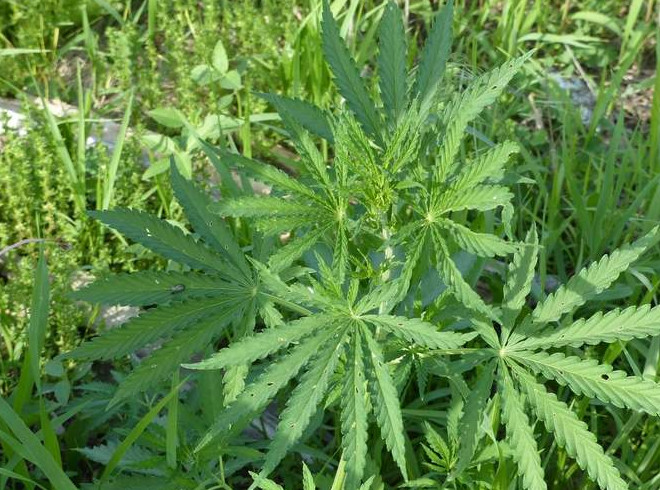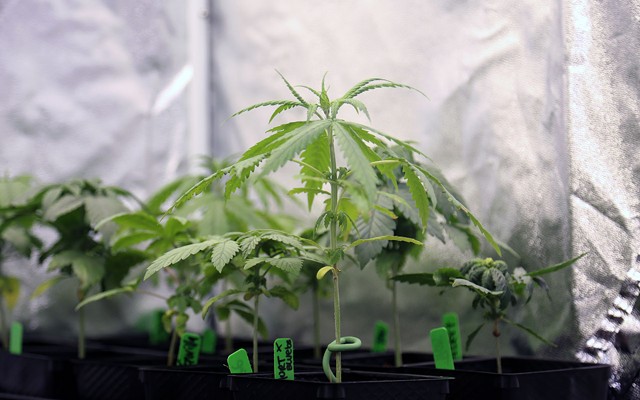Following Nevada’s recent vote to legalize recreational marijuana for adults, there are emerging concerns over the best public places to legally buy it.
The provision for the usage of marijuana for individuals who are at least 21 years becomes effective at the start of 2017.
Some Nevadans, like state Sen. Tick Segerblom, D-Las Vegas, have expressed their concerns about the lack of legal stores to buy the substance. They feel that that this will force the general public towards the black market.
The Nevada Marijuana Legalization Initiative or Question 2 was approved by Nevadans in a ballot held on November 8, 2016 in Nevada.
The law legalizes the possession, purchase and consumption of one-eighth ounce of cannabis concentrate or 1 ounce of less marijuana for individuals who are at least 21. However, there is no definite plan as to when cannabis stores can sell cannabis to adults who are not covered by a medical card.
According to Sergerblom; a marijuana legalization campaigner, the new law should also provide the general public with legal stores in order to avoid the black market.
Prior to the introduction of this new law, it was illegal for anyone to use marijuana for recreational uses in Nevada. In 2000, Nevadans voted in Question 9- legalizing the usage of marijuana for medical purposes. The Obama administration has not been prosecuting most businesses and individuals using local laws; the federal law criminalizes both recreational and medical marijuana.
Medical dispensaries that are currently licensed will be the first to receive recreational licenses from the Department of Taxation within the first 18 months.
According Andrew Jolley; a medical marijuana company co-owner, it is important that Nevada moves fast to allow retail sales. He emphasizes that the lack of a legal mechanism to purchase the legal substance is another way of creating a bigger black market.
The taxation department has committed itself to executing the new law as quickly as possible.
According to Deonne Contine; the taxation department executive director, the department is working on beating its 2018 deadline by creating temporary licenses for recreational cannabis to be sold by medical dispensaries.
According to department spokeswoman Stephanie Klapstein, the first temporary licenses should be ready for issuance by summer 2017.
P.K. O’Neil, a former assemblyman from Carson City offers a different opinion. He argues that the state should take its time before enacting the substance’s regulations. He adds that, this time would give the Legislature an opportunity to put all issues into perspective, including those not addressed by the new law.
In 2014, recreational adult use of marijuana was approved by Oregon voters. This provision allowed for the legalization of marijuana on July 1, 2015. The leaders in the legislature were hoping that the regulations would be fully crafted by the fall of this year.
There has been a growing shift in attitude on how marijuana is viewed across the US and it remains to be seen if this development in Nevada will trigger similar laws in other states.


